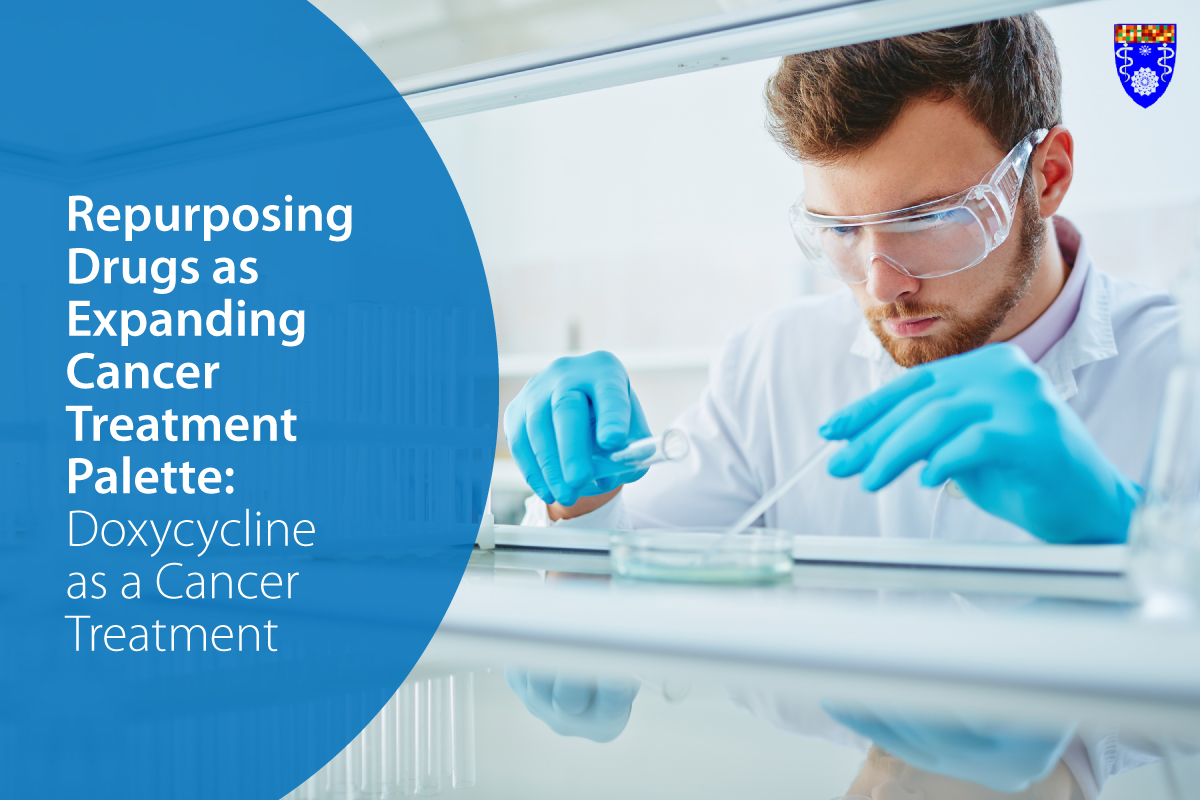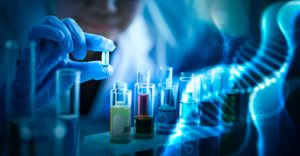Overview: Doxycycline for Cancer
There’s no denying that drug repurposing has become very popular in recent years. Pharmaceutical companies and health professionals worldwide consider this method beneficial to all parties involved. It significantly cuts the research and production times. In addition, these old drugs have low toxicity levels and are proven to be safe.
Finding new purposes for old drugs in treating cancers showed great potential. One such drug is Doxycycline. Doxycycline is an antibiotic used in treating bacterial infections like acne, intestinal disorders, urinary tract infections, syphilis, gonorrhea, and many more. In today’s article, we’ll discuss Doxycycline’s use in treating cancers. So, without further ado, let’s jump in.
What is Doxycycline?
Doxycycline is an antibiotic used in treating many types of bacterial infections, such as:
- Urinary tract infections
- Respiratory infections
- Intestinal infections
- Periodontitis
- Chlamydia
- Eye infections
- Gonorrhea
- Acne
It works by inhibiting bacterial growth during treatment. Doxycycline also has anti-inflammatory properties.
Doxycycline and Cancer
Doxycycline showed great potential in treating breast cancer patients. We’ll discuss the study of Doxycycline in treating breast cancer in detail below.
Background and Objectives
Cancer stem cells (CSC) are involved in tumor initiation, metastatic spread, and recurrence in breast cancers. Additionally, it has a poor survival rate in multiple tumor types.
CSCs selectively create too many copies of mitochondrial-related proteins. Moreover, the inhibition of mitochondrial function shows potential for eradicating CSCs.
Mitochondria evolved from bacteria, and many FDA-approved antibiotics like Doxycycline targets the mitochondria. The focus of this study determines the efficacy of oral Doxycycline in treating patients with breast cancer.
Discussion
Tumor-initiating cells (TICs) have many similar functions to normal stem cells. It is crucial to note that these cells play a significant role in tumor development and cancer progression. Cancer stem cells are resilient against traditional cancer therapy. That is why the discovery of Doxycycline could not have been at perfect timing. Doxycycline is a non-toxic inhibitor of mitochondrial biogenesis. Therefore, it is safe to use. In addition, the side effects are manageable and highly tolerated by cancer patients.
Doxycycline as Treatment for Breast Cancer
Phase II Study “Window of Opportunity”
- 15 female patients with early breast cancer.
- 9 patients received a 200mg dose of Doxycycline daily.
- 6 patients are untreated.
Methods
Doxycycline Dosage: 200mg (daily).
Interval: 14 days before surgery.
Immunohistochemical analysis of formalin-fixed paraffin-embedded (FFPE) samples from 15 patients:
- 9 were treated with Doxycycline
- 6 were controls (no treatment)
It was performed with known biomarkers of “stemness” (CD44, ALDH1), mitochondria (TOMM20), cell proliferation (Ki67, p27), apoptosis (cleaved caspase-3), and neo-angiogenesis (CD31). The analysis was performed for each patient on pre-operative and surgical specimens (core biopsies). The baseline changes to after-treatment were assessed with MedCalc 12 and analysis of variance.
Results
The Post-doxycycline tumor samples exhibited a significant decrease in the stemness marker – CD44 (p-value < 0.005) compared to the pieces of the pre-doxycycline tumor. The CD44 levels are reduced between 17.65 and 66.67%. This is within 8 out of 9 patients treated using Doxycycline. On the contrary, one patient showed an increased CD44 by 15%.
The overall results show a positive response rate of 90%. Moreover, there is a similar result with ALDH1 (another stemness marker). On the other hand, the characteristics of mitochondria, proliferation, apoptosis, and neo-angiogenesis, were identical between the groups.
Conclusions
Quantifiable decreases in CD44 and ALDH1 expression are consistent with pre-clinical experiments. They suggest that Doxycycline can selectively eradicate CSCs in breast cancer patients in vivo.
Doxycycline as Cancer Treatment
Using Doxycycline as a treatment for cancer showed promising results. It has a high percentage in terms of positive outcomes. Moreover, the study confirmed that appropriate dosing significantly reduces tumor growth and proliferation. Drug repurposing has dramatically impacted modern medicine, especially in oncology. Additional research and clinical trials should yield beneficial results for cancer patients.
We understand the challenges of living with cancer. That’s why we continuously provide you with relevant and helpful information regarding its treatments. The best way to fight cancer is by staying positive and consulting a reliable oncologist who offers effective treatments based on proven methods.
Begin Your Journey to A Better Lifestyle at the Institute of Integrative BioOncology
It’s tough to live with cancer. You are forced to struggle with its challenges physically and mentally. Luckily, we at the Institute of Integrative BioOncology are ready to provide you with quality health care services based on your cancer biology.
Our oncologists have years of experience in cancer management. They are proficient in both traditional and modern methods of treating various cancers. Off-label medicine is one of our specialties. We use repurposed FDA-approved drugs to keep cancer at bay. We aim to provide you with the treatment you deserve. Start your journey to a better lifestyle with us. Let’s beat cancer together.
Dr. Paul Zhang specializes in evidence-based integrative cancer care treatment, including using off-label medicine in treating cancer.



